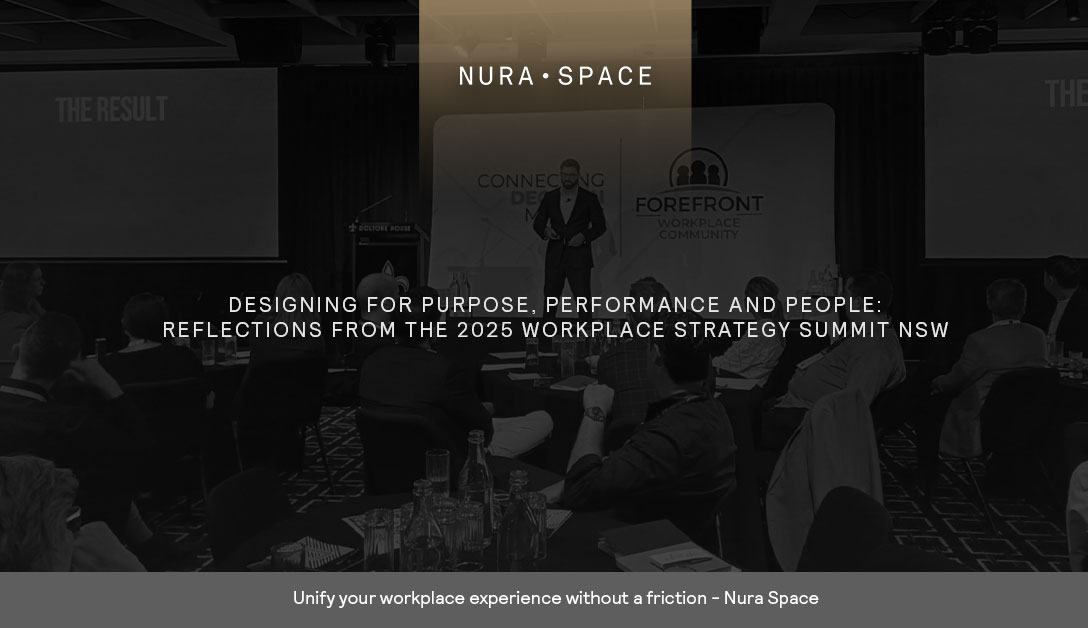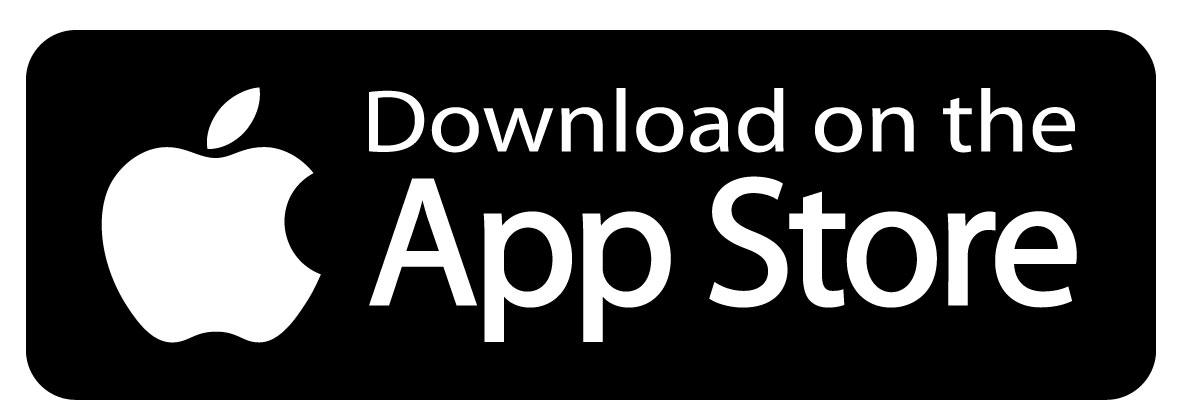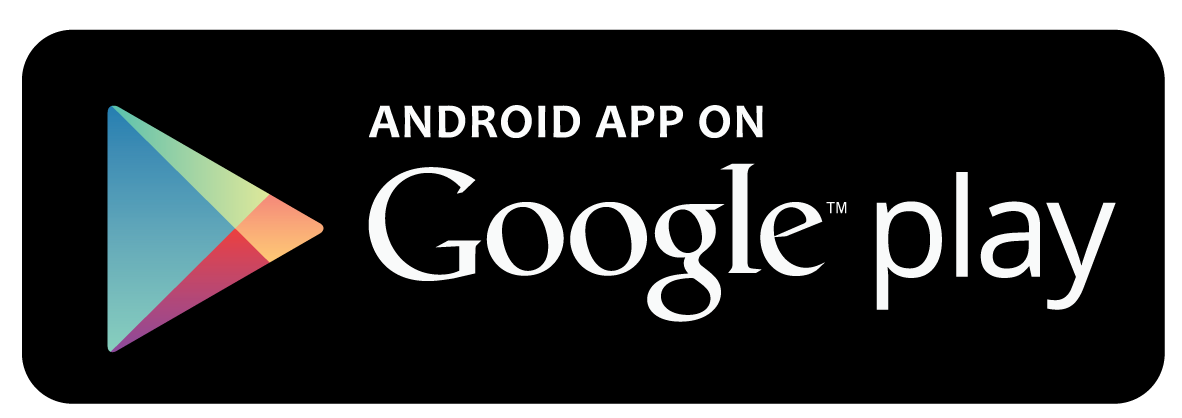How to Choose the Best Desk Booking System for Hybrid Work
Desks and meeting rooms are where all the magic happens in a workplace, which is why it’s important to provide the best solutions possible for your team to access them, especially as the world adopts the hybrid workplace model.










